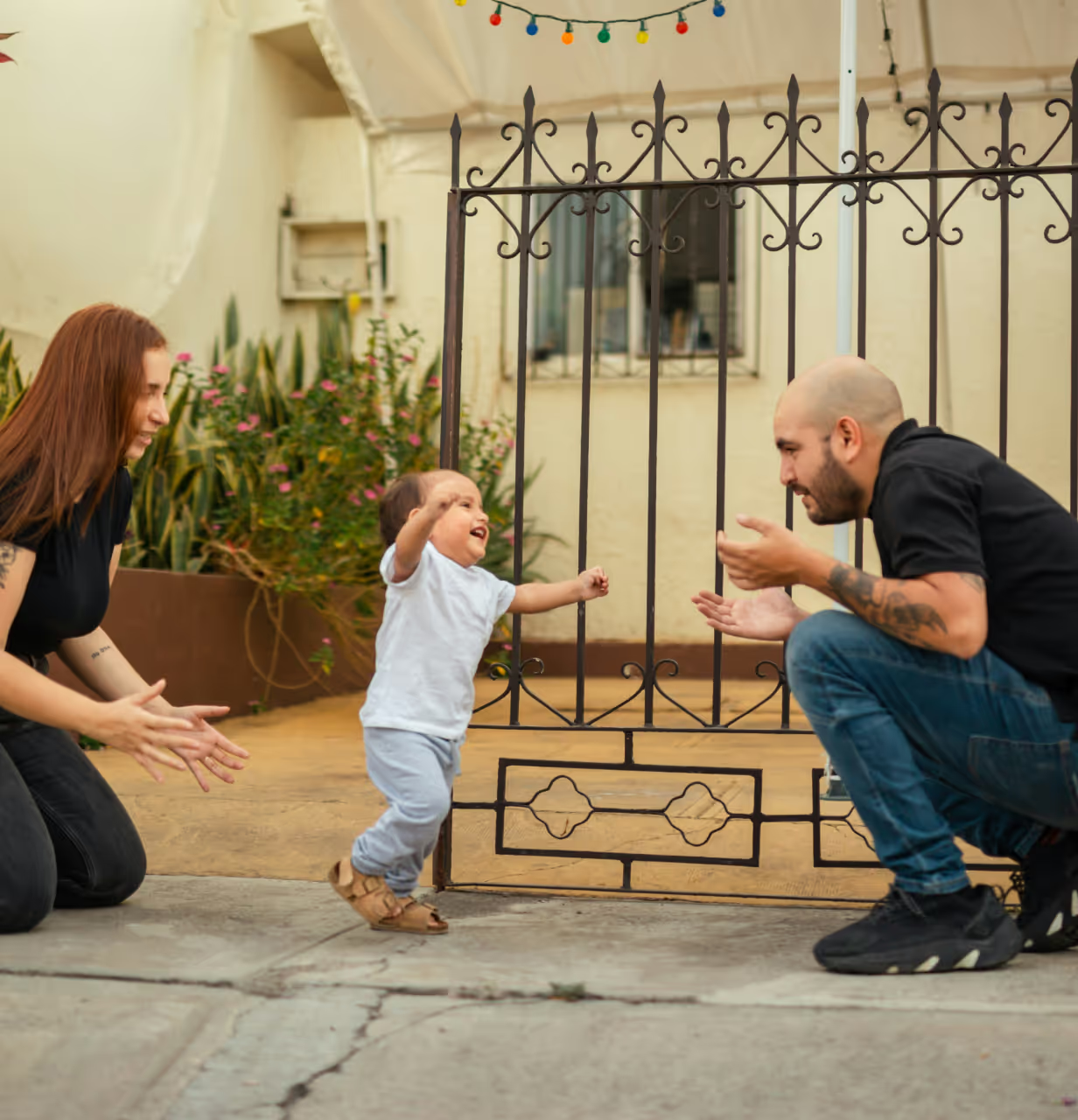Scaling Community Violence Intervention for a Safer Chicago (SC2) is a public-private initiative led by community-based organizations, philanthropic partners, practitioners, and public agencies, working together to substantially reduce community violence and promote peace through locally driven solutions.
01
02
03
04
05
Chicago, the city we love, is suffering. Individuals, families, and communities are experiencing levels of gun violence that are tearing families apart, traumatizing whole communities, creating widespread fear, hurting the economy, and damaging our reputation as a world-class place to live, work, and raise a family. Turning this around requires more than what law enforcement can offer, as well as long-term investments to combat poverty and inequities. It needs proven interventions that reduce violence in the short term. It requires a comprehensive, shared plan to reduce violence in Chicago. It requires all of us.

Initial independent evaluations of three citywide CVI programs by the University of Chicago Crime Lab and Northwestern University CORNERS have shown promising evidence of impact for participants, which includes:
79%
50%
31%
In response to a troubling rise in gun violence following the tragic 2016 killing of Laquan McDonald, there was an urgent need to invest in community-based initiatives to reach those at the highest risk of violence. These efforts built the foundation of Community Violence Intervention (CVI) in Chicago.
Independent studies have shown that participants in key programs experience significantly lower risks. Despite the progress made, by 2022, only a fraction of the estimated 20,000 highest-risk individuals were being served. To address this, Scaling Community Violence Intervention for a Safer Chicago (SC2) was launched in early 2024.


Based on promising evidence for CVI and other relevant research, SC2 is advancing the following hypothesis:
If SC2 successfully facilitates peace among groups in conflict, integrates high-quality delivery of five core services, uses multi-source data to inform decision-making, and reaches at least 75% of the individuals in a community at the highest risk of violence, then there will be fewer shootings and homicides and, through spill-over effects, the overall environment of physical safety will change, further reducing shootings and retaliatory shootings, the incentive to carry weapons, and other conditions that fuel gun violence.
SC2 focuses on a second-generation CVI approach that is:
Integrated, high-quality services subject to rigorous, independent academic evaluation.
Locally tailored plans created and led by neighborhood organizations.
Services that match the scale of the need with a goal of reaching a tipping point in communities and the city overall.
Overseen and supported by a seasoned team of experts.

Develop initiative-wide goals, define governance, manage SC2-wide financials, coordinate with public sector partners, mitigate risks, and oversee progress.

Create goals and work plans for each community, track progress, manage coalition financials, and develop CBO capabilities.

Engage with and report to funders, and manage the external communications strategy.

Evaluate the individual, community, and societal impacts of SC2 activities, provide constructive feedback to SC2 staff and community stakeholders, and share the findings.

Following the tragic killing of Laquan McDonald, Chicago experienced a sharp rise in gun violence. This catalyzed a new urgency to supplement policing and systemic reforms with community-based interventions focused on those at highest risk.

Early investments in Community Violence Intervention (CVI) programs like READI Chicago, Chicago CRED, and Communities Partnering 4 Peace (CP4P) begin to show promising results. These programs provide outreach, trauma care, and life pathways for individuals most likely to be involved in gun violence.

Chicago faced another surge in violence amid the COVID-19 pandemic and national unrest after the murder of George Floyd. In response, civic, philanthropic, and government leaders initiated conversations to scale CVI citywide through a coordinated strategy.

North Lawndale served as a beta community, where implementation of a comprehensive CVI strategy began. This provided critical lessons in coalition building, program design, and service integration to guide future citywide efforts.

Scaling Community Violence Intervention for a Safer Chicago (SC2) is launched. Backed by a historic public-private collaboration, including PSPC, Chicago CRED, MPI, and the Civic Committee, SC2 aims to scale CVI to reach 50% of high-risk individuals within five years and 75% within ten.

SC2 is actively expanding CVI services across multiple neighborhoods, coordinating funding, training frontline workers, and measuring impact. With a growing citywide momentum, SC2 is turning research into action and action into lasting peace.